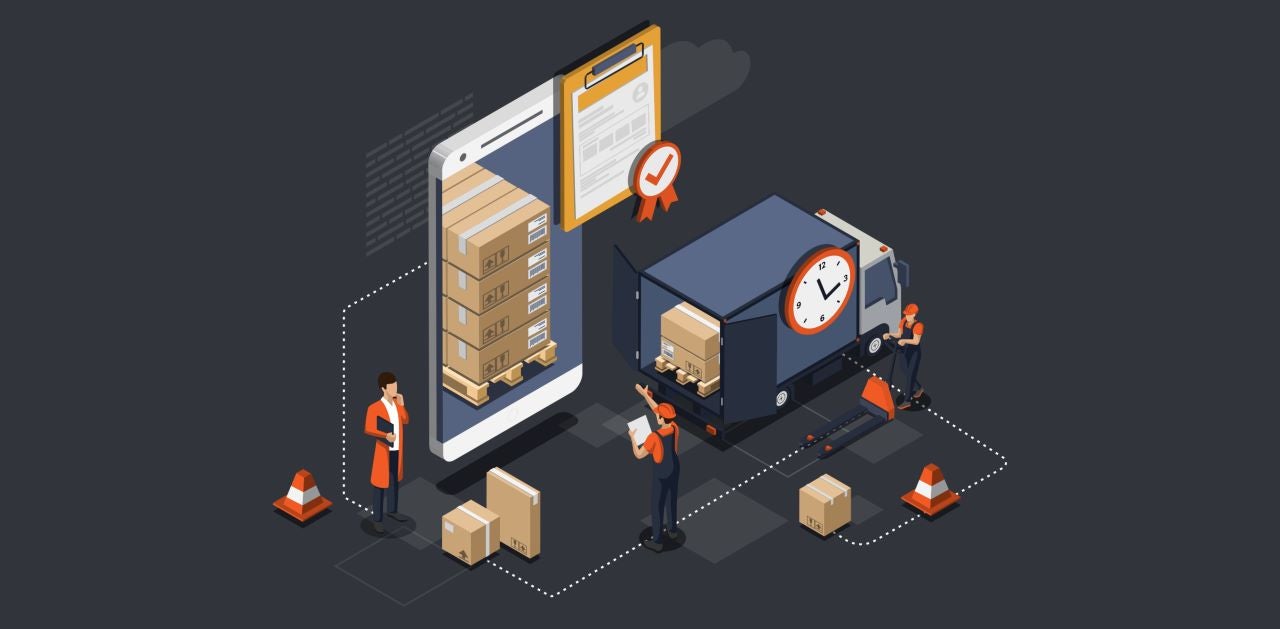Over the past few months, Customs authorities in Latin America and the Caribbean have had to work hard and think outside the box in response to the COVID-19 pandemic. Tons of personal protective equipment, including masks, gowns, medical devices, medicines, and disinfectant products, as well as food and other necessities, have passed through these agencies.
Those shipments had to be prioritized and dispatched quickly and safely, without neglecting the regular flows of trade.
The risks associated with this pandemic have required Customs authorities to implement safe and streamlined procedures, make effective use of new technologies, and engage in enormous coordination efforts with other government authorities and the private sector. In other words, these risks have required the maximum level of automation and the implementation of contingency plans. This new normal for health logistics has been a transformational experience from which the Customs authorities have derived valuable lessons.
Regional Dialogue with Customs Authorities
To create a space for dialogue and exchange experiences, and learn first-hand how Customs are managing this crisis, the IDB’s Integration and Trade Sector invited Customs directors from the region to participate in two online sessions on May 15 and 22, as part of the 2020 Regional Policy Dialogues.
Twenty Customs authorities from the region, as well as the US and Spanish Customs agencies, actively participated in discussions around two main topics. The first session dealt with operational, procedural, and personnel management matters implemented during the crisis. The second session focused on national, binational, and regional coordination, as well as work with the private sector.
Representatives from three member companies of the Americas Business Dialogue[1], from the online sales, transportation, and pharmaceutical sectors, participated in the latter session and shared their perspectives on the trade trends and opportunities that have emerged during the crisis.
The productive discussions between participants and IDB experts highlighted how resilient and innovative Customs authorities have become, driven by the potential of digital transformation. The COVID-19 crisis has also revealed what one of the directors who took part in the Dialogue described as “the humanization of Customs authorities at the service of citizens as they address the crisis.”
10 lessons Customs authorities have learned from COVID-19
The sessions led to the following conclusions regarding how Customs authorities in the region can respond to the challenges brought by the pandemic:
- Customs administrations’ ability to adapt and change to modify regulations and implement simplified, agile procedures during the crisis.
- The value of high levels of automation and digitization in managing operations in a way that reduces paperwork and human intervention by strengthening Customs management systems and platforms such as Single Windows for Foreign Trade or Port Community Systems.
- The usefulness of applying and improving risk management to facilitate legal trade, encourage Customs compliance, and successfully detect and interdict illegal operations.
- There is a need to implement coordinated contingency plans with other border management authorities, the private sector, and Customs authorities from neighboring countries.
- The importance of establishing or expanding programs in partnership with the private sector, such as the Authorized Economic Operator programs, which help segregate risk and streamline cross-border trade.
- The priority to establish policies and capacities for the management of Customs personnel that guarantee their health protection at the ports of entry. And to promote flexible telework systems, which are essential to build resilience during crises and to keep in step with trends in virtualization of economic activities.
- The role of infrastructure and technological inspection equipment at ports of entry to guarantee the flow of goods and safeguard the working conditions and health of public and private users, such as carriers.
- The benefits of cooperating beyond their own borders through harmonization and data exchange between Customs authorities, which promote collaboration during crises and emergencies, encourage compliance, contribute to trade facilitation, and enable regional integration and trade.
- Taking advantage of this turning point to adopt new technologies such as artificial intelligence, blockchain, and big data, which transform and streamline Customs procedures and contribute to reviving the countries’ economies through foreign trade.
- The importance of establishing communication protocols within the Customs agencies and with other border authorities, users, border communities, and the Customs authorities of neighboring countries to ensure that clear, appropriate information is shared in a timely fashion.
Participants in the Dialogue agreed that some of the measures and operational practices adopted during the pandemic are worth maintaining after the crisis ends. They also noted the importance of ensuring that resources are available to help Customs authorities prepare for crises such as pandemics and natural disasters and to be able to prevent and mitigate their impact and possible negative effects in advance.
Customs authorities are one of the oldest government institutions in existence: they came into being when humans first began to trade with one another and have survived multiple pandemics and natural disasters over time. Each of these events has forced them to adapt and implement innovative processes and cutting-edge technologies that have become part of their regular operations, helping them improve the services they provide foreign trade operators.
The changes brought by the novel coronavirus are no exception: the region’s Customs leaders are responding to the challenge with enthusiasm and creativity.
The IDB applauds the critical role that Customs authorities have played in managing the pandemic. It is as committed as ever to modernizing and transforming agencies by improving their processes, systems, and facilities through new technologies and by strengthening their human resources.
[1] The Americas Business Dialogue (ABD) is an initiative led by the private sector and facilitated by the IDB. It was created in 2014 to promote a public–private dialogue on the priorities, challenges, and opportunities around economic growth and development in the Americas.


Leave a Reply